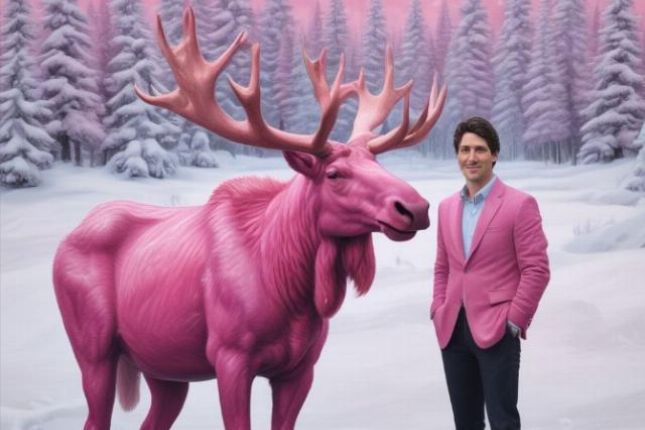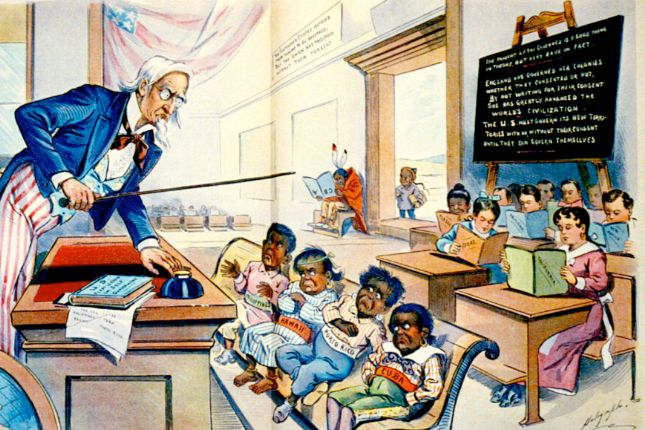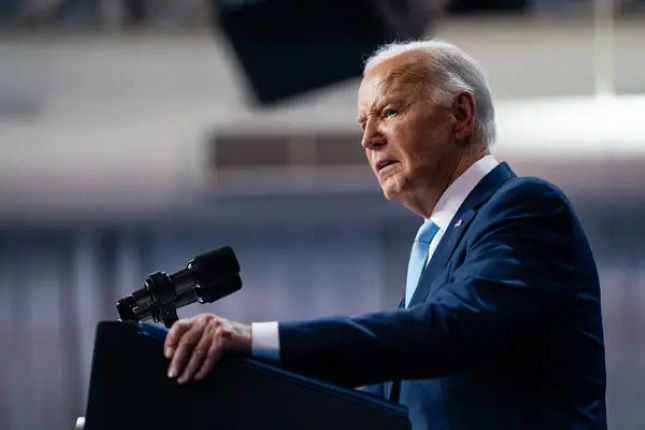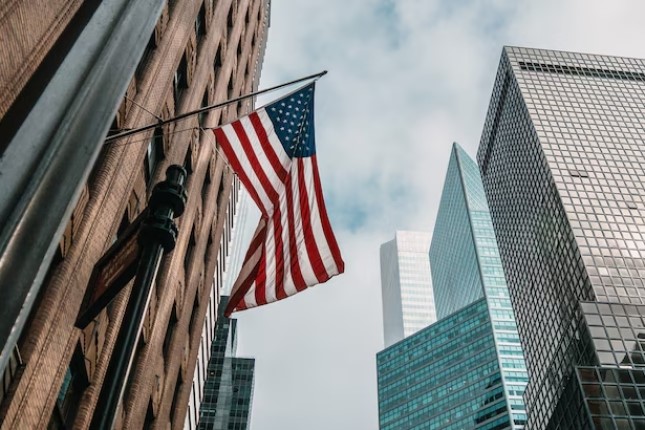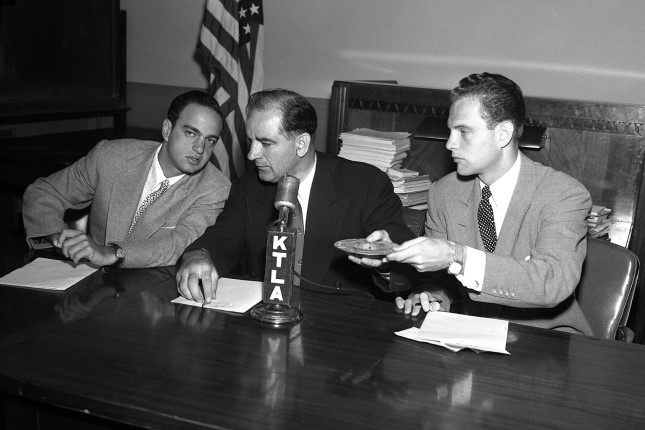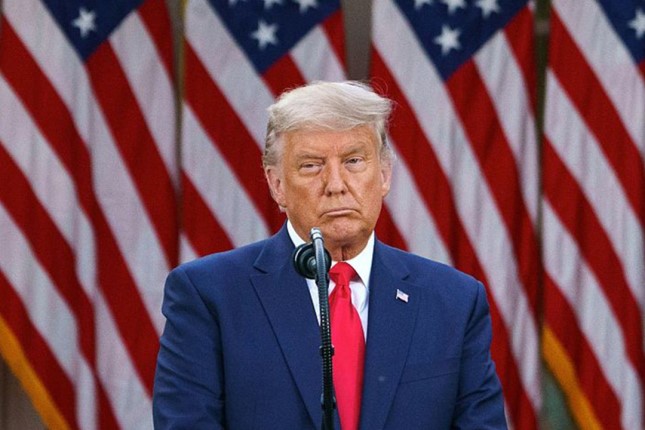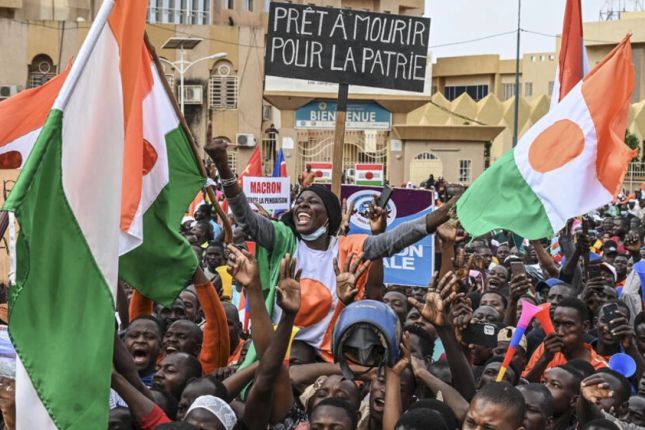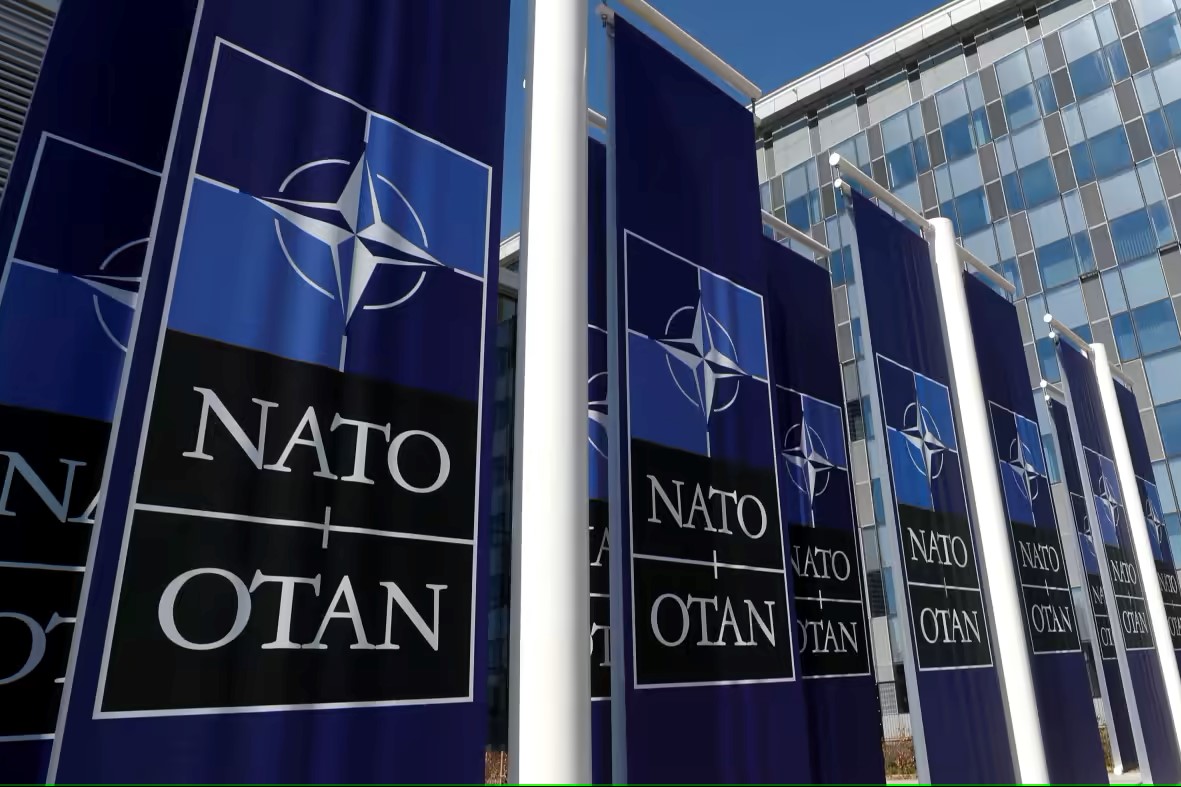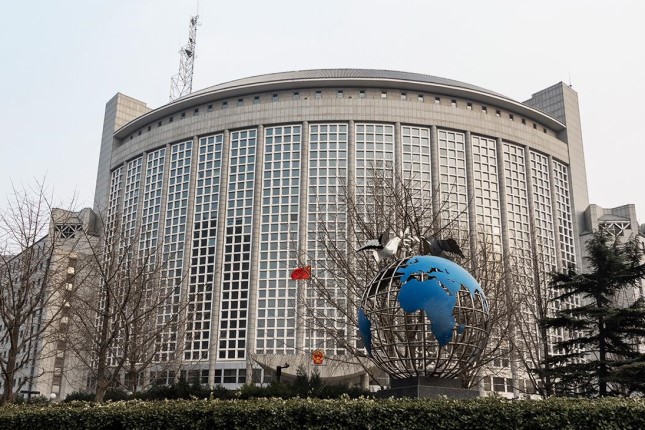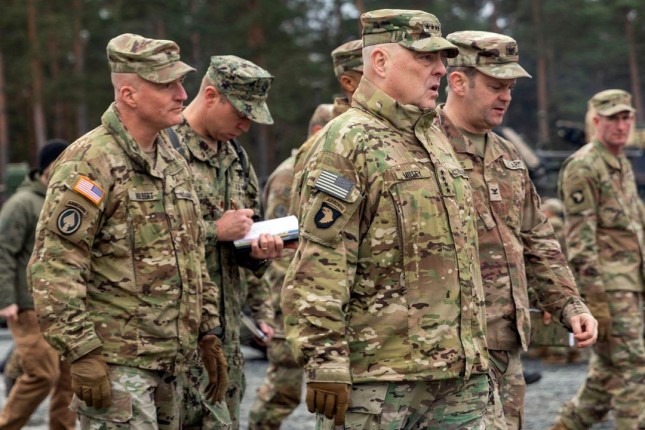For generations, Canadians have believed in the idea of a unified, indivisible Canada -- that no matter what happens, the country will always remain intact. The idea of breaking apart or joining another nation has been dismissed as unthinkable, even laughable.
But history proves otherwise. Nations change. Borders shift. Political realities evolve. The belief that Canada will always remain as it is, is not based on facts -- it is based on assumption.
For decades, the world was told that a two-state solution was the only way to resolve the Israeli Palestinian conflict. It was the standard belief -- so deeply ingrained that even questioning it was considered radical. But after 77 years of failure, President Trump shattered that illusion by proposing something different. What if the two-state solution never worked because it was never viable in the first place? What if reality demanded a different approach?
We must apply the same thinking to Canada.
What if the idea of a permanently united Canada is just another false assumption -- one that no longer reflects reality? What if the country is already so broken, so fundamentally changed that holding it together is neither possible nor beneficial?
Canada is no longer the country it once was. Under Trudeau’s leadership, everything that made Canada strong, free, and independent has been dismantled by policies prioritizing a globalist agenda over domestic issues:
- Free speech is under attack with government-imposed censorship bills (such as C-63, temporarily defunct due to suspension of Parliament) that seek to restrict and penalize “harmful online content” including speech deemed Islamophobic by government-regulated human rights commissions, as seen throughout Europe.
- Border security has collapsed under mass immigration policies that are overwhelming social services, and contributing to rampant human and drug trafficking, rising crime rates, and the fentanyl crisis, all of which benefit global criminal networks, not Canadians.
- The economy is strangled by endless taxation (including carbon taxes), a failing healthcare system, small business erosion, climate mandates, while the government pushes for a central bank digital currency and more foreign oil dependence, despite Canada’s vast natural resources.
- Foreign influence is compromising national security, from China’s election interference and its growing control over critical industry and infrastructure -- including seaports vital to Canada’s trade and security -- to Trudeau’s loyalty to the World Economic Forum (WEF), which aligns globalist agendas with Canadian policy.
At what point do we admit that this is not Canada anymore?
The very identity of the nation has been erased. Pro-terrorist flags are flying freely throughout Canada, while Canadians holding their own national flag are confronted, ridiculed, or even attacked. There was a noticeable absence of Canadian flags in Ottawa last week on the 60th anniversary of Canada’s national flag, as many Canadians fear being attacked for simply displaying their own flag.
Yet, we are supposed to believe that joining the U.S. would somehow be the “real” loss of sovereignty? What kind of sovereignty is this? What remains of a nation’s identity when you cannot even proudly display your own country’s flag without backlash?
If we refuse to question our assumptions, we will never see the truth: the country we are fighting to save may already be lost. It is time to rethink Canada’s future in ways we never have before. Restoring its greatness requires recognizing that the status quo will not save us.
Many believe that the country can be saved if the right leader takes power. Conservative leader Pierre Poilievre, who has gained significant support, has positioned himself as the antidote to Trudeau’s destruction. He speaks against censorship, fights carbon taxes, and opposes globalist policies. Could he be Canada’s last hope?
Maybe. But is it a risk worth taking?
Even if Poilievre wins, he will inherit a corrupt system that still favors the elites -- the media, the courts, the bureaucratic deep state. These institutions will fight to block any real change. Poilievre may talk about tackling these issues, but how much can he dismantle? And what if he fails?
Even if Poilievre delays Canada’s collapse, what happens when the Liberals regain power? The cycle will repeat itself. The decline will continue. The Canada we once knew will slip further away.
If this is the future, then why are we still assuming Canada is the only option?
For decades, Canadians have been told that joining the U.S. would mean losing their identity. But what is left of Canada’s identity under Trudeau? A country where free speech is dead, borders are open, and people are penalized for their success? A country where foreign interests dictate policy while its own citizens struggle to afford basic necessities?
Meanwhile, U.S. states have more autonomy than Canadian provinces, making independent decisions on tax rates, state budgets, judicial systems without federal government involvement. As potential 51st and 52nd U.S. states, Alberta and Saskatchewan, rich in natural resources and frustrated with federal oversight, could:
- Develop their own energy resources without facing federal regulations or policies (such as environmental restrictions and carbon taxes) that can limit or shut down certain energy projects (e.g., pipeline construction).
- Control their own taxation and regulations, rather than having their wealth siphoned by the federal government through equalization payments to provinces with lower revenue.
At a time when Canada is slipping further into globalist control, censorship, and economic decline, the idea of becoming the 51st state may no longer be radical -- it may be the only path to survival.
But some will say, “Just wait for the next election.”
But wait for what? Wait for leading Liberal candidate Mark Carney, a WEF insider who will accelerate Trudeau’s globalist agenda? Or a Conservative leader who may talk about fixing Canada but will not dismantle the corrupt system that enables it? Or Populist right-wing leader Maxime Bernier who takes a much more radical stance against Trudeau’s policies, but lacks the political influence to take power, let alone implement drastic reform?
Suddenly, becoming the 51st state seems like a better alternative than remaining a puppet of the Chinese Communist Party-aligned globalists. Canada and the U.S. would be united under a single political system, with shared economic goals and stronger borders, something desperately needed as Canada faces economic instability, rising inflation, weakened national security, and growing foreign influence.
Canada would no longer be treated as a pawn in globalist games. Canada’s security, prosperity, and national interests would come first -- just as Trump prioritized America’s well-being. He extended the same vision to Canadians, promising to cut their taxes by more than 60%, double business growth, and offer military protection.
While Trudeau is selling Canada out to globalist elites and foreign interests, weakening border security, and allowing illegal crossings to surge, Trump is securing his borders and protecting his country from powerful outside forces that seek to undermine, invade, and control it -- because he puts his country first.
And while Trudeau fails to address Canada’s economic decline, allowing inflation to soar and job losses to mount, Trump is revitalizing America’s economy by cutting bureaucratic waste, eliminating bloated government programs, and halting reckless spending. Trump is working to restore fiscal responsibility to America -- because he puts his country first.
Unless a Canadian leader steps up with real solutions to restore stability, reverse the nation’s decline, and bring back the prosperity it once had, perhaps Trump is right -- maybe the only way forward is to embrace a new vision, one that secures Canada’s future, restores its sovereignty, and delivers what the country so desperately needs.
It is time to make Canada great again.
Source: American Thinker.
